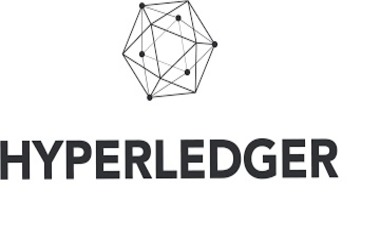
Hyperledger Fabric, backed by IBM and several dozens of top industry players, is one of the several products unveiled by Hyperledger consortium.
Hyperledger Fabric, being a private or “permissioned” blockchain set up, is utilized in finance and supply chain sector.
It permits enterprises to control access to their platform and hold crucial info private, while facilitating cross sector partnership via custom built channels and provable smart contracts.
Version 2.0 incorporates some commendable changes related to decentralization by including a fresh management tool for chaincodes, which is how Fabric refers to smart contracts.
Numerous institutions can now accept on crucial parameters of a chaincode, which can then be utilized on the shared ledger.
Additionally, chaincodes can be fine-tuned by solitary institutions before dedicating to the ledger, which guarantees that everybody accepts on the nature of info that can be shared with others.
Info sharing has also been simplified to operate on a must know premise. Institutions can now select to distribute info privately with chosen members of their proximate network, which eliminates the requirement to establish cumbersome channel connections to achieve the objective.
Lastly, numerous performance enhancements were unveiled, including simultaneous execution of functions and more effective program execution.
Hyperledger asserts that this permits the network to back thousands of transactions per second.
Hyperledger Fabric is extremely customizable DLT platform that was structured for making use in enterprises. Contrary to public blockchains, it responds to the requirement for businesses to preserve secrecy in business activities.
For illustration, it permits users to offer different price for each customer with not one of them learning how much others are shelling out.
During the same period, shared ledger offered by Fabric can pave way for partnership between various industry participants.
Enterprises are permitted to select which info they want to reveal, while the legitimacy of secret info is guaranteed via cryptographic methods.
As far as technicalities are concerned, Fabric is incredibly flexible. Agreement between enterprises can be arrived through a several methods, while smart contract can have several architectures, comparable to Bitcoin, Ethereum or even totally different kinds.
Smart contracts can be coded in popular languages such as Java, Go and Javascript, in addition to Solidity. Being an enterprise level platform, it offers rolling and asynchronous overhauls, which is comparable to the manner in which usual software operates.
Of late, Fabric has taken a lead over its competitors with respect to innovation.